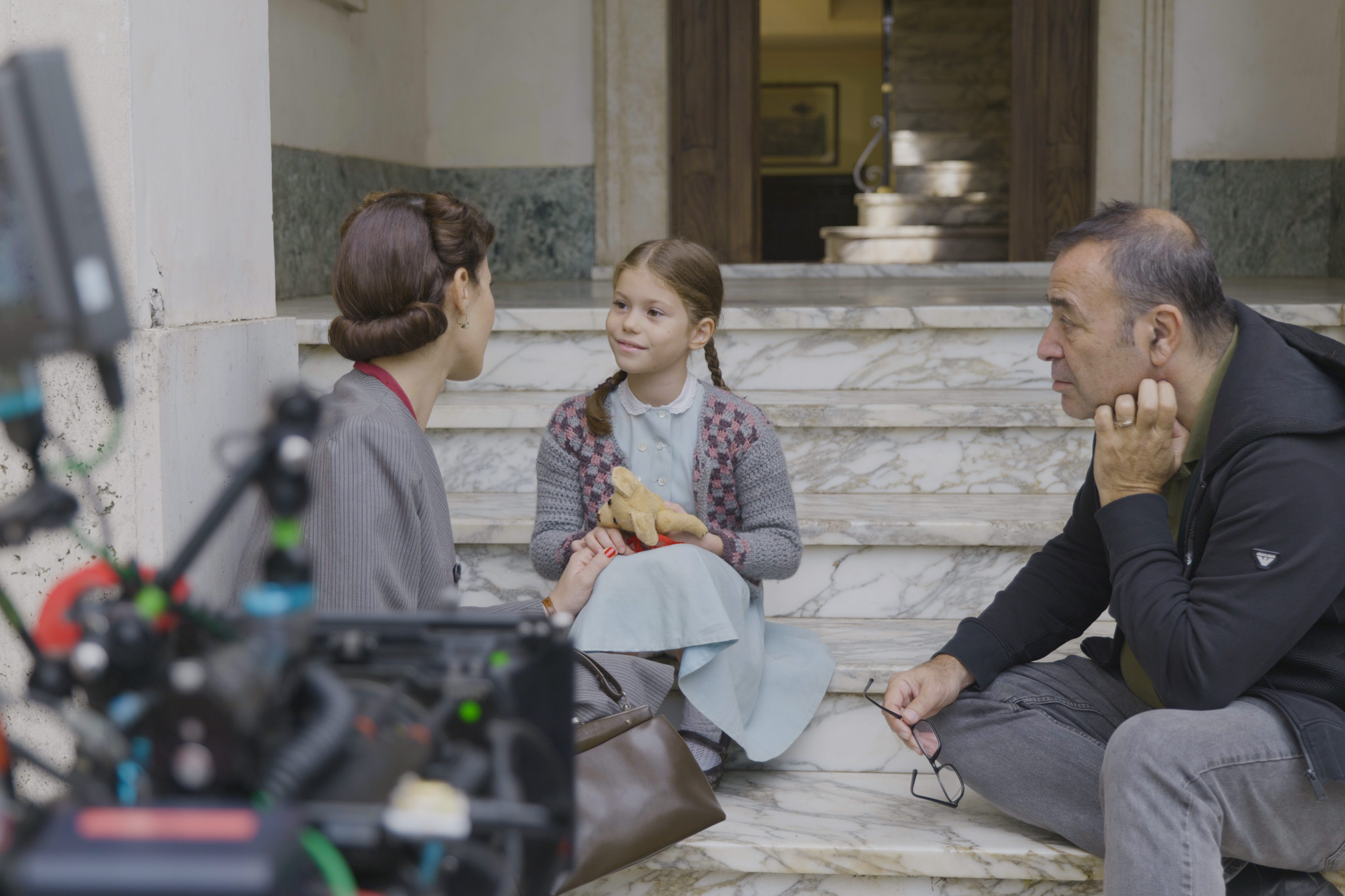Friuli Venezia Giulia has established itself over the past two decades as one of Italy’s most dynamic regions for film and audiovisual production. Its Film Commission has managed to combine the appeal of a diverse territory —where in just one hour you can travel from the Alps to the Adriatic Sea— with a support system that brings together funding, technical services and professional training. In October it will take part in Shooting Locations Marketplace 2025, in Valladolid, where it will present to international producers, location managers and industry professionals the many advantages of working in this borderland.
A versatile territory and tailor-made services
Cinema has found in Friuli Venezia Giulia a natural ally. Few European regions allow filmmakers to access such a wide range of locations within such a small space: thousand-year-old forests in the Alps, rolling vineyard hills, plains that reflect both agricultural tradition and industrial development, or a coastline with historic seaside resorts. Added to this is Trieste, the regional capital, which preserves the mark of the Austro-Hungarian Empire and offers a unique architectural backdrop for both historical and contemporary stories. This wealth of landscapes makes the territory a versatile set, capable of meeting the demands of large international productions as well as independent projects seeking authenticity.
The FVG Film Commission accompanies productions throughout the entire process. Its role is particularly important in the location scouting phase: thanks to its in-depth knowledge of the region and a database with more than 90,000 photographs, it can provide real-time proposals and assist in the selection of settings. Its services, provided free of charge, include support in obtaining permits to film in public spaces, direct liaison with local authorities, communication with institutions and the media, as well as connecting crews with regional professionals. This mediation helps reduce costs and ensures that filming is integrated naturally into local life, minimising bureaucracy and maximising efficiency.
The Commission also supports productions with logistics and administrative issues, from preliminary information to on-site inspections, ensuring that crews find a favourable environment at every stage. All of this makes Friuli Venezia Giulia a territory where the usual challenges of filming find fast and effective solutions.
A pioneering fund and consolidated international profile
The region was also a pioneer in funding. In 2003 it created the FVG Film Fund, the first audiovisual production fund in Italy, designed to increase the economic impact of filming in the region. The fund provides up to €300,000, covering up to 50% of the project’s industrial cost, and is open to feature films, TV series, documentaries, short films and animation. Calls are published several times a year, guaranteeing a constant flow of activity and attracting both Italian and international companies.
The result is a rich and prestigious catalogue of productions. Recent feature films include Albatross by Giulio Base, shot in Trieste, or Little Trouble Girls by Urška Djukić, filmed in Cividale del Friuli and awarded at the Tribeca Film Festival in New York. Other titles selected for the Venice Film Festival include Un anno di scuola by Laura Samani, La valle dei sorrisi by Paolo Strippoli and Confini, canti by Simone Massi. International projects have also chosen the region, such as Heads of States and The Old Guard 2, both released on global platforms.
Audiovisual activity goes beyond feature films. Friuli Venezia Giulia has hosted internationally recognised documentaries —such as No More Trouble – Cosa rimane di una tempesta, winner at the Salina Doc Fest— and is the setting for television series such as the third season of I casi di Teresa Battaglia – Figlia della cenere. Initiatives such as the Corti senza confine project explore the region’s cross-border identity in a year in which Gorizia will be European Capital of Culture. At the same time, exhibitions such as Volti e mani del cinema. Gli artigiani del Friuli Venezia Giulia highlight the contribution of local artisans and technicians to the sector.
With this combination of unique landscapes, specialised services and a pioneering funding model, Friuli Venezia Giulia has consolidated its place as a benchmark destination on Europe’s audiovisual map. Its strategy goes beyond attracting productions: it also aims to train professionals, generate employment and promote its cultural identity on the international stage. With every film, the region proves that it is not just a place to shoot, but an ecosystem where cinema can truly thrive.

